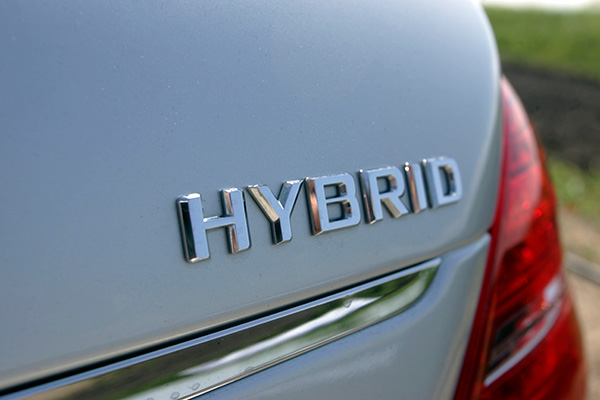
Hybrid cars are known for their fuel efficiency and eco-friendly benefits, but when it comes to maintenance, many people are left wondering if hybrid cars require more attention than their traditional gasoline counterparts. The answer isn't straightforward. Let's see what makes hybrids unique and explore the maintenance they need over time.
Hybrid Car Maintenance
Hybrid cars combine an internal combustion engine with an electric motor, which allows them to run on both gas and electricity. This combination is key to their efficiency, but it also means that hybrids have more components than standard cars. However, having more components doesn't necessarily mean that they require more maintenance—it's all about the type of systems involved and how they're used.
One of the biggest advantages of hybrid cars is that they generally experience less wear and tear on certain parts, such as the brakes and the engine. This is thanks to features like regenerative braking, which helps to recharge the battery while slowing the car down. Because the electric motor can assist the engine, hybrid cars often don't need to work as hard, which means less strain and fewer issues in the long run.
Key Areas of Maintenance in Hybrid Cars
While hybrids don’t require drastically more maintenance, they do have a few specific areas that need attention. Let’s dive into those key components to better understand what you should watch out for.
1. Battery Health
The most important component of a hybrid car is the battery. Hybrid batteries are more complex than standard car batteries and are designed to last much longer—often for the life of the vehicle. However, replacing a hybrid battery can be costly, so it's important to keep an eye on its performance and take care of regular check-ups. Most hybrids are equipped with systems that monitor the battery's health, so you'll know when something’s off.
2. Electric Motor and Associated Systems
Hybrids come with electric motors, inverters, and wiring that help the car shift seamlessly between gas and electric power. These components don't require regular maintenance, but when an issue arises, repairs can be more specialized and expensive. Fortunately, the likelihood of needing repairs for these systems is relatively low, as they are designed to be highly durable.
3. Internal Combustion Engine
Since hybrid cars still use gasoline engines, regular engine maintenance like oil changes, fluid checks, and air filter replacements are still required. The good news is that because the electric motor can reduce the engine's workload, these services might be needed less frequently compared to traditional vehicles. However, it’s still crucial not to neglect them, as the combustion engine plays a vital role in your hybrid’s overall performance.
Myths About Hybrid Maintenance
There are a few common myths surrounding hybrid vehicles that often lead to confusion. Let’s clear a couple of them up:
Myth 1: Hybrid Cars Need Special Technician
Many people believe that owning a hybrid means you'll need to visit specialized repair shops or technicians for every service. While hybrid systems may require specific expertise for major repairs, routine maintenance like oil changes, brake checks, and tire rotations can be done at any reputable shop.
Myth 2: Hybrid Batteries Need Constant Replacement
Hybrid batteries are designed to last for many years, and while they may degrade slightly over time, they don’t need constant replacement. Most manufacturers offer warranties on the battery for up to 8 years or more. Battery failure is rare, and hybrid owners typically see many miles before needing a replacement.
Are Hybrids Cheaper to Maintain
Many hybrid car owners find that hybrids can actually save them money on maintenance in the long run. Since hybrids use less gasoline and rely on regenerative braking, there's less wear on the engine and brakes, which translates into fewer trips to the repair shop for those specific services. That said, hybrid-specific parts like the battery or electric motor components can be more expensive if they do need repair or replacement.
On the flip side, hybrids may require some pricier repairs when the electrical system fails, and any specialized maintenance could come at a higher cost compared to traditional cars. However, with fewer routine services needed, the overall cost of maintaining a hybrid can still be competitive with regular gas-powered vehicles.
Keep your hybrid running efficiently! Visit Brazzeal Automotive for all your maintenance and repair needs. Call us now and let our experts take care of your vehicle.